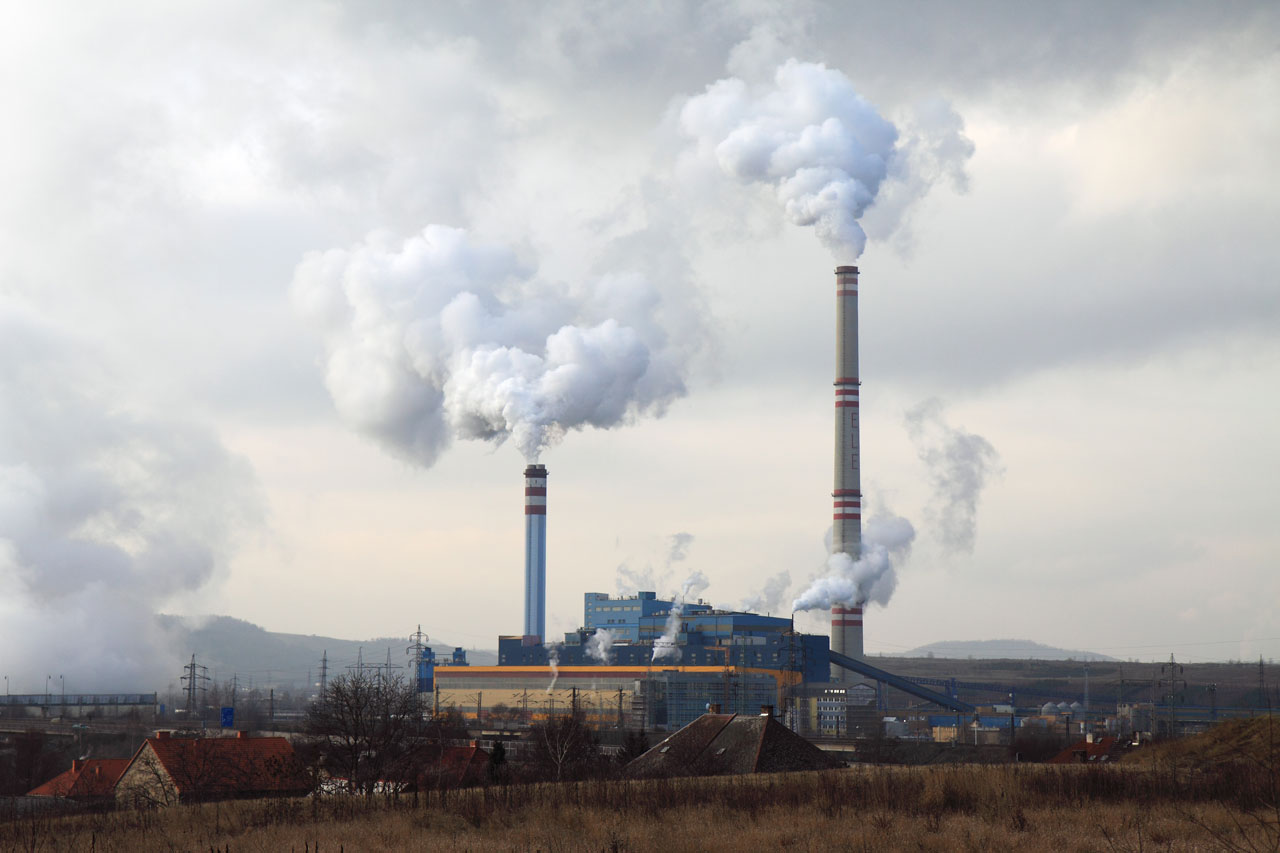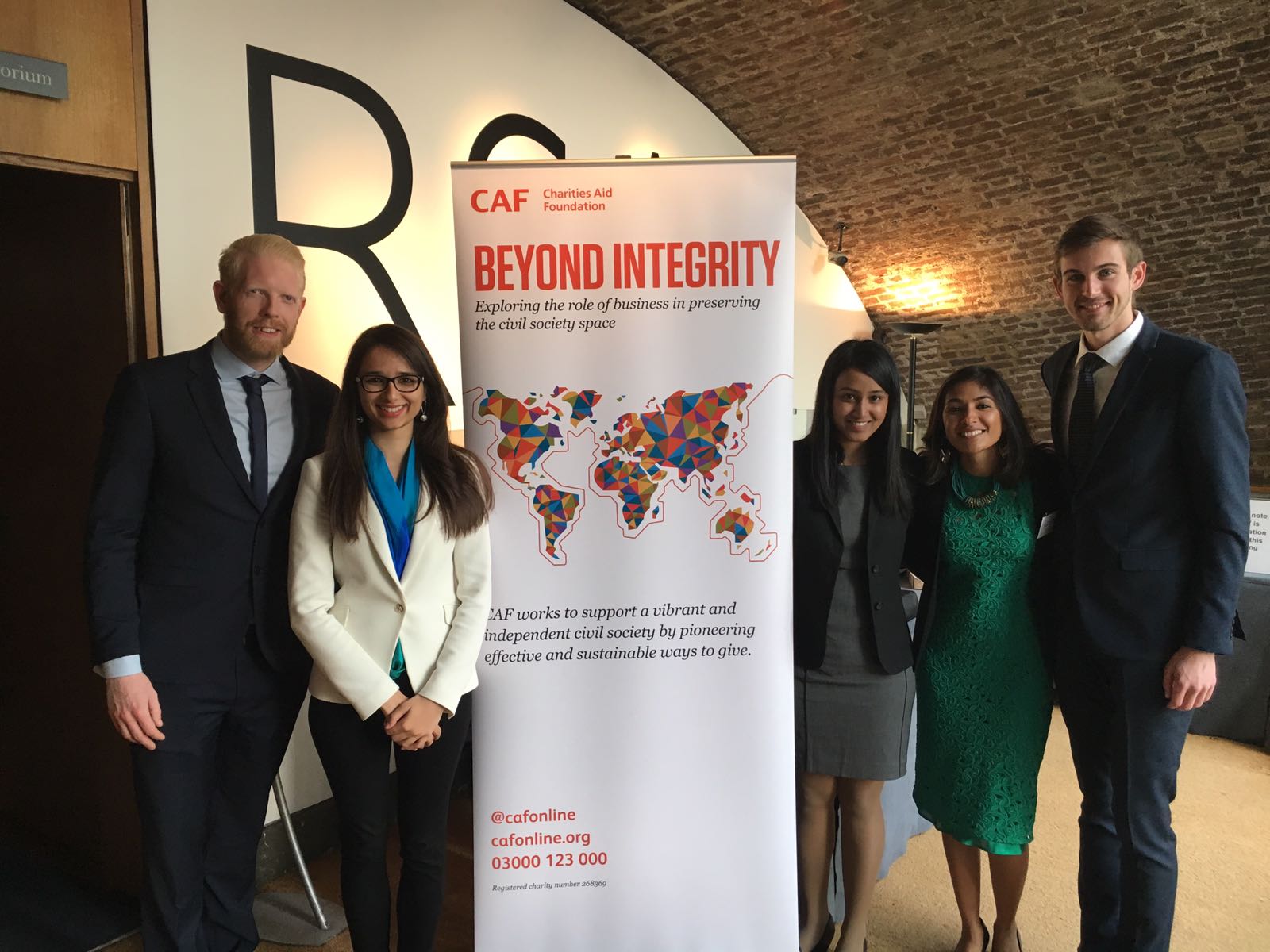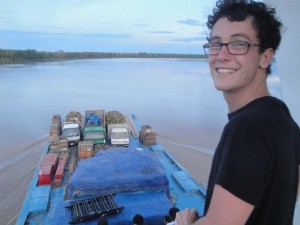
During my Masters I spent one day a week as an intern with Global Witness – an NGO which campaigns against natural resource-related conflict and corruption around the world. The internship was my first opportunity to apply some of the theoretical knowledge I was acquiring during my degree in a professional context.
Particularly the focus on the links between natural resources and conflict of courses like Complex Emergencies helped me make sense of some of the real-world problems I was encountering in my work.
Shortly after finishing my Masters, I began an internship with the German Agency for International Cooperation (GIZ) in Liberia, where I worked in the organisation’s Regional Resource Governance project. At LSE I had focused on conflict resolution and post-conflict development in many of my courses. Now in Liberia, I was confronted with a country dealing with precisely those issues on a daily basis.
Among other things, GIZ was assisting the Liberian Ministry of Lands, Mines and Energy in revising its mining code in a manner that would better serve the interests of the country. GIZ supported the ministry in consulting stakeholders about the content of the new law. It was an exciting opportunity to play a small part in the country’s nation-building process.
At the same time however, I witnessed many of the limits of development work, particularly when faced with weak institutions and capacity gaps. It was also clear that the incentive structures of many international organisations and NGOs do not always best serve the interests of the countries they operate in.
After spending about 5 months in Liberia I briefly returned to the UK before setting off for South America. I spent three months travelling from Colombia to Bolivia, as well as conducting research on indigenous livelihoods for an NGO in an oil exploration area in the Ecuadorian Amazon. Once back in the UK, I began working for Critical Resource, a consulting firm which advises oil, gas and mining companies on how to develop their assets in a socially and environmentally sustainable manner.
The theoretical and practical experiences with natural resource governance that I acquired through my degree and my internships have greatly helped me in this job. In addition, the research and writing skills developed at university are the basis of my day-to-day work. Importantly, my degree’s emphasis on the need for the private and public sector and civil society to equally play a part in the development process, has been useful when trying to devise means for large multinational companies to align their incentives with those of the countries they are operating in.
At the same time, I realise again and again that the need to reform the international development system to achieve real change for the world’s poor, is a challenge that theorists and practitioners have yet to resolve.
About the MSc Development Management
Related Posts
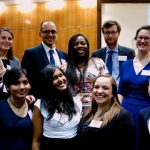 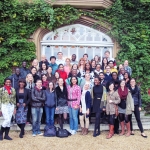 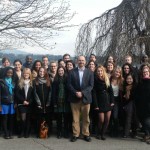 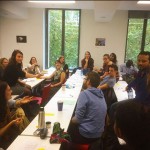 |
    |




